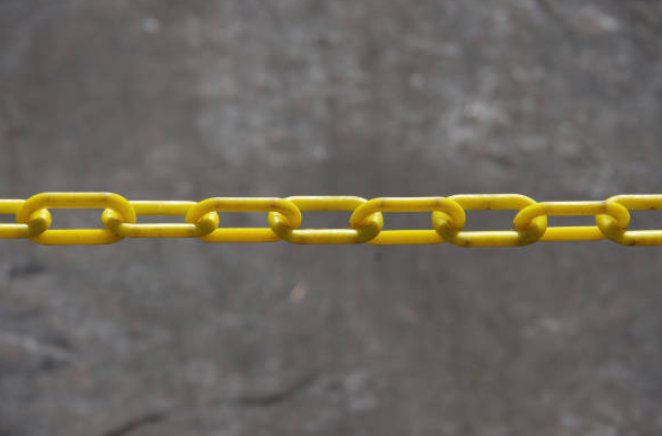1410, PARKSON, 44-60 ZHONGSHAN ROAD, QINGDAO, CHINA
Plastic chains have become an essential component in various industries due to their versatility, durability, and cost-effectiveness. These chains, made from high-quality polymers, offer a wide range of benefits that make them a popular choice for numerous applications.

One of the primary advantages of plastic chains is their lightweight nature compared to metal chains. This makes them easier to handle, transport, and install, reducing the overall workload and increasing efficiency. Despite being lightweight, plastic chains maintain high tensile strength, ensuring they can withstand significant loads without breaking or stretching.
Another key benefit of plastic chains is their resistance to corrosion and chemicals. Unlike metal chains, which can rust or deteriorate when exposed to moisture or harsh substances, plastic chains remain unaffected. This makes them ideal for use in wet or corrosive environments, such as food processing plants, water treatment facilities, and chemical manufacturing units.
Plastic chains also offer excellent flexibility and low-noise operation. They can easily bend around curves and corners without requiring additional lubrication, reducing maintenance requirements. The smooth surface of the plastic links minimizes friction, resulting in quieter operation compared to metal chains, which is particularly beneficial in noise-sensitive environments.

In terms of applications, plastic chains find use in a wide range of industries. They are commonly used in conveyor systems for transporting lightweight goods, such as food items, packaging materials, and small parts. Plastic chains are also employed in the automotive industry for cable carriers and energy chains, protecting and guiding electrical wires and hydraulic hoses. However, there are some limitations to using plastic chains. Some plastic materials may soften or deform at high temperatures, so the temperature range must be considered when selecting the material. Plastic materials may age over time, particularly when exposed to UV radiation in outdoor environments. This can lead to material degradation and a decrease in strength.
Furthermore, plastic chains are available in various colors and can be customized to meet specific requirements. This feature is particularly useful for color-coding different production lines or identifying specific chains for maintenance purposes.

In conclusion, plastic chains have revolutionized various industries with their versatility, durability, and cost-effectiveness. Their lightweight nature, resistance to corrosion and chemicals, flexibility, and low-noise operation make them a preferred choice for numerous applications. As technology advances, we can expect to see even more innovative uses for plastic chains in the future.
Find more information about plastic chain:
https://www.huahanmachinery.com/plastic-chain.html